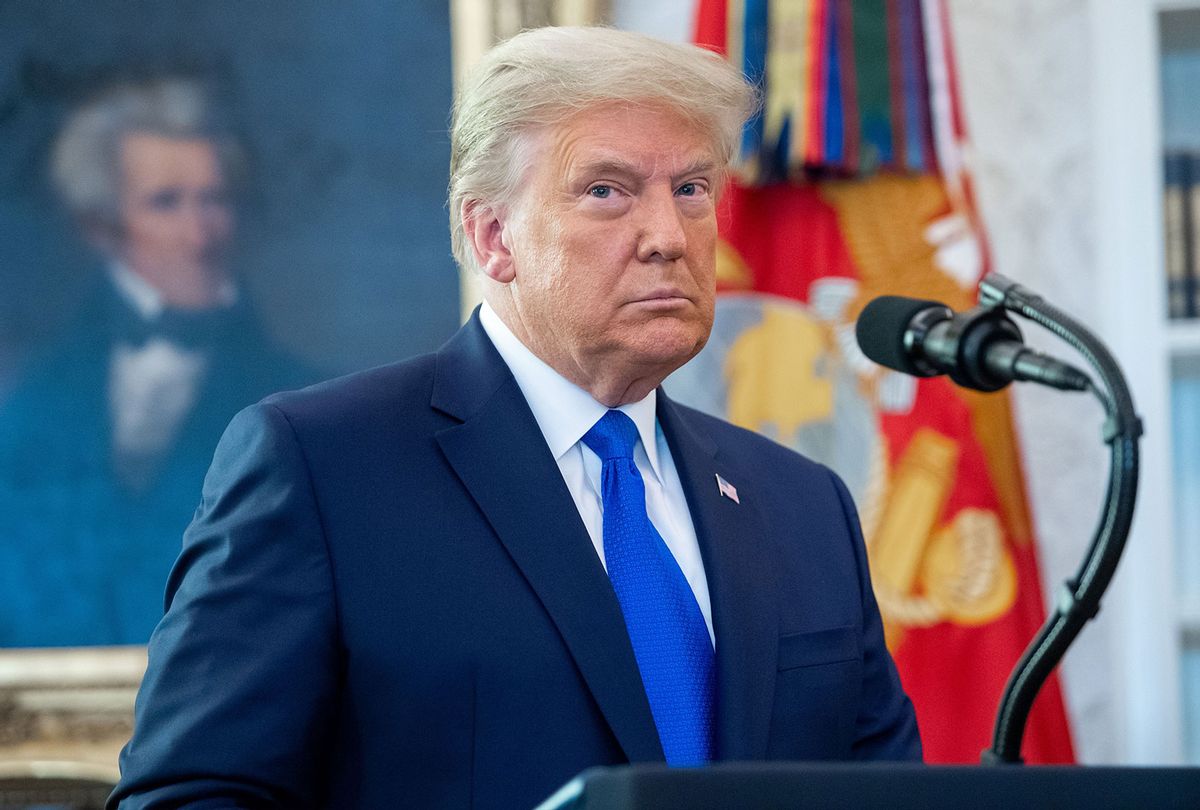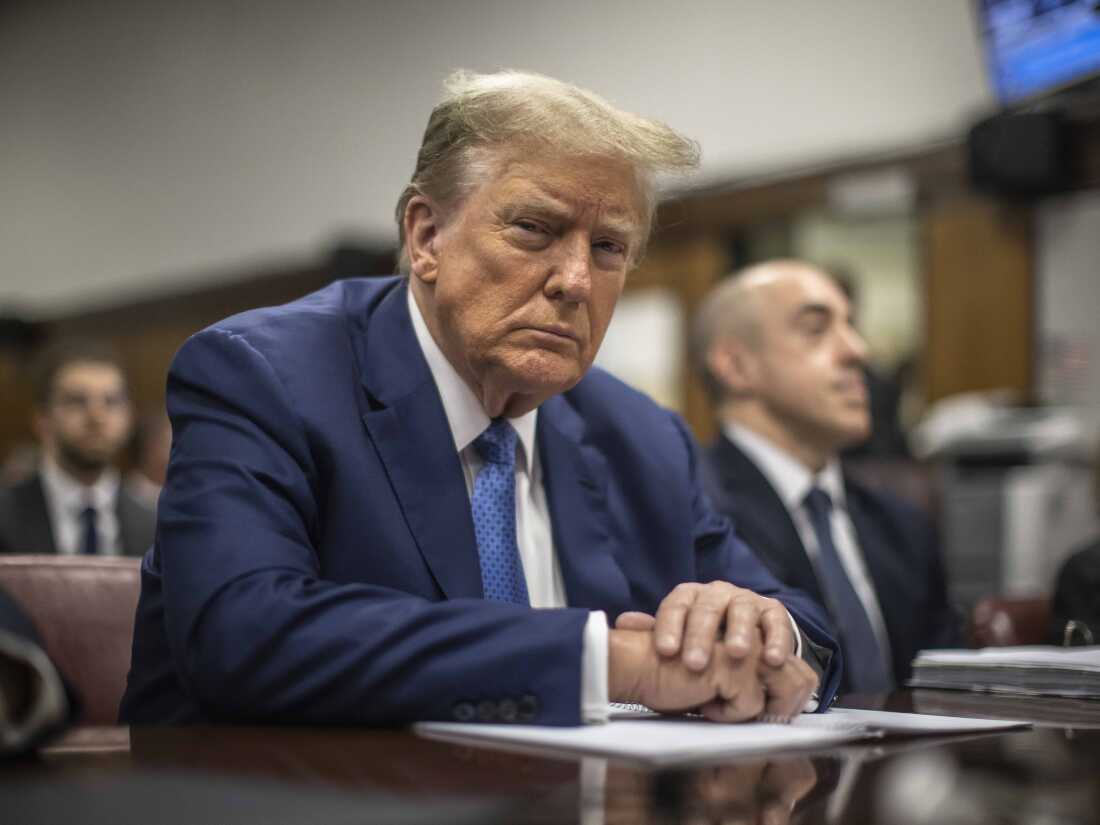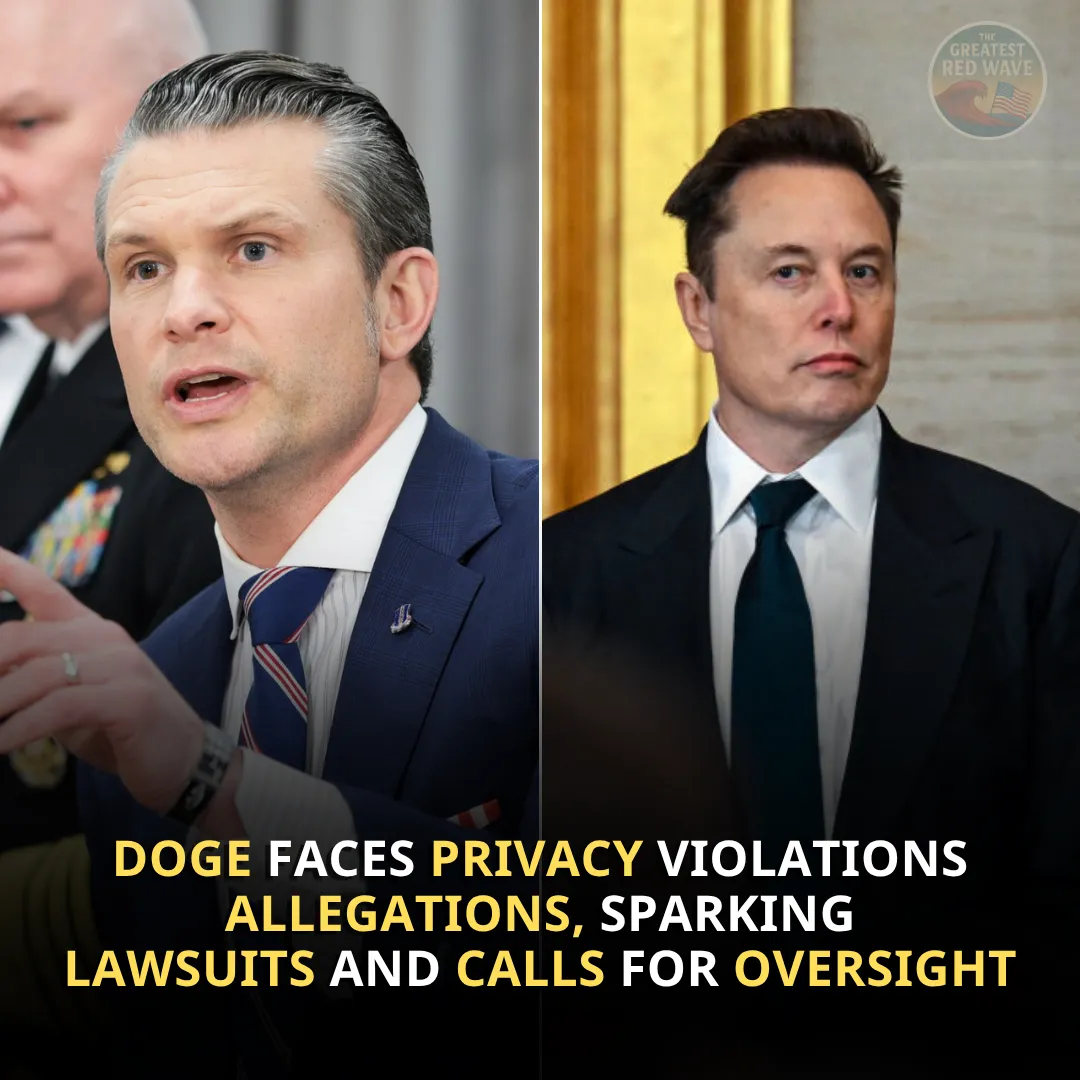
As someone who has personally experienced the challenges of addiction and mental health recovery, I have seen the devastating effects that insufficient mental health care has on families across the country.
There are countless individuals whose lives are lost or irreparably damaged because they were unable to access the care they desperately needed. One of the main barriers to effective care isn't the lack of treatments or resources, but the systemic inequality between how mental health and addiction services are treated compared to physical health services.
The Mental Health Parity and Addiction Equity Act of 2008 was a landmark bipartisan law intended to correct this disparity, but for millions of Americans, this promise has not been fulfilled.
This is where President Donald Trump has a unique opportunity to not only preserve but also dramatically strengthen mental health parity and equity in a way that has the potential to save lives, reduce healthcare costs, and deliver long-lasting change.
The Mental Health Parity and Addiction Equity Act was designed to ensure that insurance coverage for mental health and substance use disorders be no more restrictive than coverage for medical or surgical services.
While this was a step in the right direction, many insurance companies still manage to sidestep the law’s intent by implementing "non-quantitative treatment limitations" that limit access to care.
These limitations include opaque practices such as excessive prior authorizations, unequal network adequacy, and lower reimbursement rates for mental health services compared to medical or surgical care.
As a result, many individuals struggling with mental health and addiction issues still face significant barriers to care, and the promise of parity remains out of reach for too many.

This issue has become more pressing following the Trump administration's pause on enforcing the 2024 rule related to the Mental Health Parity and Addiction Equity Act.
While some may view this pause as a setback, it presents a critical opportunity for President Trump to lead on this issue and strengthen mental health and addiction parity in a way that truly reflects the administration’s commitment to transparency, efficiency, and fiscal responsibility.
In September 2024, the previous administration introduced a final rule aimed at closing loopholes and enhancing enforcement of the Mental Health Parity and Addiction Equity Act.
This rule was designed to provide more clarity and ensure that insurers were held accountable for their actions. However, in January 2025, a lawsuit prompted the Trump administration to announce a pause in enforcing the rule, which has led to growing concern among mental health advocates and policymakers.
But rather than seeing this pause as a setback, I view it as an opportunity — a pivotal moment for President Trump to boldly champion mental health and addiction parity.
President Trump has already laid significant groundwork on the issue of healthcare transparency. In his first term, he signed Executive Order 13877, titled "Improving Price and Quality Transparency in American Healthcare to Put Patients First."
This order was aimed at dismantling opaque pricing structures that benefit powerful special interest groups at the expense of patients and taxpayers.
As a result of this executive order, the Transparency in Coverage Final Rule was implemented in 2020, requiring insurers to disclose their actual pricing. This was a game-changing move that empowered patients by giving them access to information that had long been hidden from them.
Building on this, President Trump issued Executive Order 14221 in February 2025, “Making America Healthy Again by Empowering Patients with Clear, Accurate, and Actionable Healthcare Pricing Information.”
This order pushed even further to combat evasive pricing practices and to invigorate the enforcement of transparency rules. It mandated that public disclosure of actual prices be accessible to consumers and employers, and it laid the foundation for a more transparent, accountable healthcare system.
The moment is now ripe for President Trump to tie these transparency efforts directly to strengthening mental health and addiction parity. Insurers have long been able to hide discriminatory practices in the darkness of opaque pricing structures and non-quantitative treatment limitations.
By mandating that insurers disclose information on reimbursement rates for mental health services, network adequacy for mental health specialists, and prior authorization practices, the president can shine a light on these disparities and make them undeniable.
Transparency in coverage is not just about reducing wasteful spending and inefficiency in the system; it’s about delivering equitable, quality care to all Americans, including those struggling with mental health and addiction.
The key to unlocking true mental health parity lies in the power of transparency. As The Kennedy Forum stated, strong parity implementation will support the Trump administration's goals to reduce wasteful spending, promote transparency, and ensure more efficient healthcare systems.
Transparency in healthcare pricing has been a critical focus for President Trump, and he should now leverage this focus to address the longstanding issue of inequality in mental health and addiction treatment.
Imagine a scenario where insurers are compelled to publicly disclose all data related to non-quantitative treatment limitations. This includes showing how limitations on mental health benefits compare to those for physical health benefits.

Insurers should be required to provide clear, standardized metrics that compare the availability and accessibility of in-network mental health specialists to those in medical specialties, as well as how reimbursement rates differ between mental health and medical services.
In addition to these disclosures, it is crucial that data on claim denial rates, prior authorization timelines, and the use of out-of-network care for mental health versus physical health services be made publicly available and updated regularly.
By requiring insurers to publish this data, President Trump would not only create a more transparent system, but he would also create a self-enforcing framework for parity.
The public nature of these reports would provide pressure on insurers to comply with the law’s intent — ensuring that individuals with mental health and addiction issues have access to the same level of care as those seeking medical treatment for physical conditions.
This approach benefits everyone: it empowers consumers, employers, and researchers to hold insurers accountable for their actions. It reduces the need for costly and time-consuming government enforcement, as the power of public scrutiny will drive compliance.
By bringing the treatment of mental health and addiction services into the light, the Trump administration would be taking a historic step in creating a fairer, more efficient healthcare system that puts patients' needs first.
Ensuring access to mental health and addiction care is not just a matter of fairness; it’s a matter of fiscal responsibility and public health.
Untreated mental illness costs the nation hundreds of billions of dollars annually — some estimates suggest that untreated mental illness cost the U.S. economy nearly $477.5 billion in 2024 alone. These costs come in the form of lost productivity, increased healthcare spending, and higher involvement in the criminal justice system.

By addressing mental health and addiction parity, the Trump administration has an opportunity to reduce these costs and, more importantly, improve the lives of millions of Americans.
Providing equitable access to care is an investment in healthier families, stronger communities, and a more resilient nation. Ensuring that mental illness is treated on equal footing with physical illness is an essential step toward achieving these goals.
The pause on the 2024 Parity Final Rule presents an opportunity for President Trump to reset the conversation and lead on mental health parity in a way that no previous administration has.
With his push for transparency and accountability, Trump has the chance to truly transform the mental health and addiction landscape in America, creating a more equitable, effective system that serves all Americans.
President Trump has often spoken about tackling the overdose crisis and addressing national health challenges. True mental health and addiction parity is central to these efforts.
If the president strengthens parity regulations and leverages transparency, he will not only enhance the quality of care for millions of Americans but will also deliver a transformative victory for those struggling with mental health and addiction.
In embracing stronger mental health parity regulations, Trump will be reinforcing his administration’s legacy of accountability and compassion. It is a chance to ensure that the mental health of Americans is no longer sidelined or treated as secondary to physical health.
This is an opportunity to address an issue that has been too long neglected and to make a tangible difference in the lives of millions of individuals and their families.

The pause on the 2024 Parity Final Rule should be seen not as a setback, but as an opportunity for President Trump to seize the moment and elevate mental health and addiction parity to new heights.
By embracing transparency, strengthening parity, and delivering on his promise to make America healthy again, President Trump has the opportunity to secure his place in history as a true advocate for the health and well-being of all Americans.
President Trump now has the opportunity to take a bold and decisive step toward ensuring that mental health and addiction treatment receive the attention and resources they deserve.
By strengthening mental health parity, embracing transparency, and ensuring that mental health services are treated equally to physical health services, he can create a more effective, fair, and efficient healthcare system.
This is not just about helping those with mental health conditions — it’s about creating a healthier, more productive America for everyone.

The president must seize this moment to make mental health parity a central focus of his second term and leave a legacy of compassion, accountability, and transparency in healthcare.




